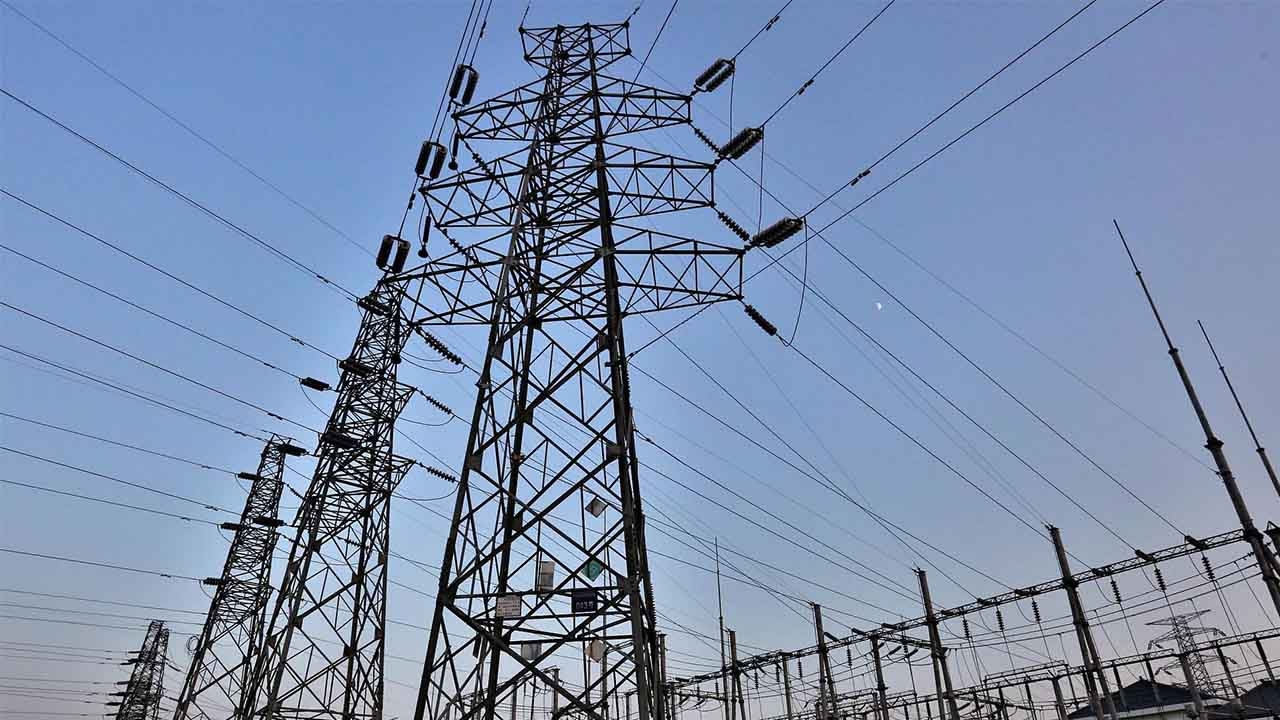
Business
17:59, 11-May-2017
Belt and Road Initiative can accelerate global power 'super grid'

China wants to accelerate the establishment of the Global Energy Internet (GEI), an integrated, green and smart “super grid.” The GEI will be discussed at the upcoming Belt and Road Forum for International Cooperation, reports CGTN’s Xia Cheng.
China is the world's biggest energy consumer and fastest growing non-fossil fuel market, and many counties involved in the Belt and Road Initiative have lagging energy infrastructures.
The key is to connect those dots through high-voltage power transmission.
The technology is not much used in North America, but is popular in developing countries where sources of power are fragmented.
China spent 65 billion US dollars on high-voltage lines in 2014, to link wind farms in remote areas to its fast-growing coastal cities.
Although the global power grid is capital intensive, China has deep pockets and firm political backing.
Chinese state-owned companies have moved swiftly, building regional grids in Southeast Asia, Central Asia and Russia. The next stop is Africa.
Experts predict the GEI will attract more than 50 trillion US dollars of investment going into emerging industries focusing on high-tech manufacturing, new energy and electric vehicles.
With the GEI, there would be no central power distributing authority for the super grid.
Rather, an Internet-like smart grid would distribute power as needed around the globe.

SITEMAP
Copyright © 2018 CGTN. Beijing ICP prepared NO.16065310-3
Copyright © 2018 CGTN. Beijing ICP prepared NO.16065310-3